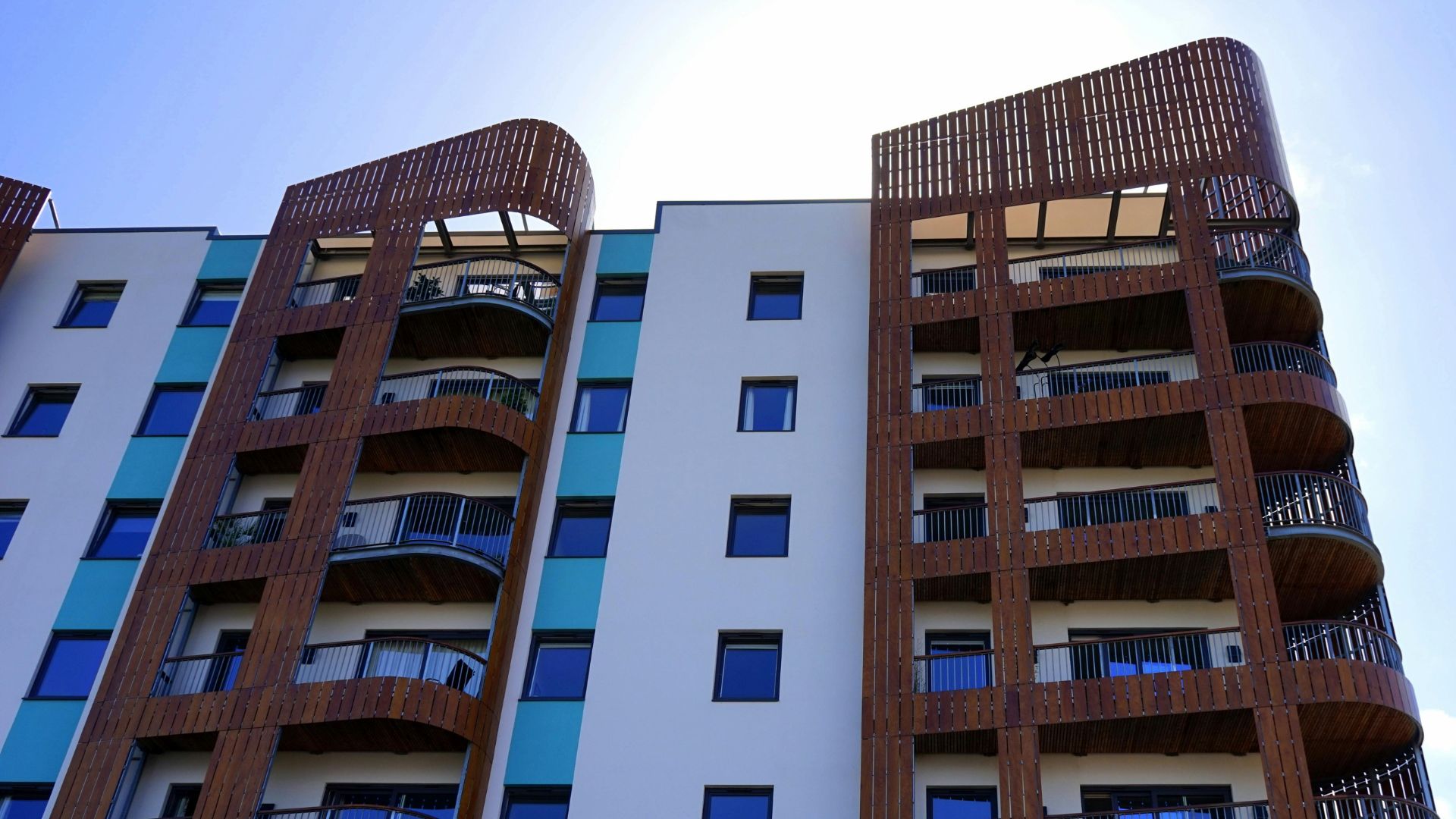Hackney Council caused ‘substantial distress’ to family with vulnerable children after repeated failures to fix a leak
5 December 2023
Hackney Council caused ‘substantial distress’ to family with vulnerable children after repeated failures to fix a leak.

The Housing Ombudsman has found severe maladministration for how Hackney Council failed to satisfactorily resolve a reoccurring roof leak for over 3 years. Leaving the resident with mildewy and musty odours, high humidity, and furniture mould.
The resident told the landlord her children have respiratory issues due to the conditions at the property and her household included a young child with multiple severe allergies and a risk of anaphylaxis.
The leak was originally fixed promptly by operatives but the actions taken did not ultimately resolve the problem, with them coming back just 7 months later.
Multiple inspections followed but the repairs were only made 6 months later. Despite some follow up reports from the resident, the landlord inspected and found no further issues.
However it was not long before the leak returned again, which compounded the distress for the resident, as the green light given to her by the landlord previously meant that she had redecorated only for this latest reoccurrence to ruin that.
Following the resident escalating her complaint to stage 2 following an unsatisfactory stage 1 response, the landlord said it would ensure all works were completed as soon as possible. The resulting works actually took place 21 months after the leak was first reported and at the time of the investigation some work remained outstanding and there were doubts whether the leak had been fully resolved.
Although an independent survey found that the home was not uninhabitable and therefore a decant was not required, the resident would have been significantly distressed, especially as sometimes the 5 person family slept in the same bedroom.
The ongoing nature of the issue, as well as the landlord’s handling of it, meant it was hard for the resident to claim on insurance for some of the damage.
Wider order
In connection to this case, the Ombudsman made a wider order for the landlord to review its processes for reports of leaks from a leasehold property.
It should ensure:
-
Ombudsman Spotlight reports on repairs and damp and mould are considered.
-
Leaseholders are clearly communicated with if they report issues believed to be leaseholder responsibility and about what information to supply if they believe responsibility lies with the landlord.
-
Contractor-dependent inspections and leak investigations occur in a timely manner (taking into account the frequency of an issue and length of time it has been ongoing).
-
Damp and mould works are appropriately monitored.
-
Insurance department receives information from other departments to progress claims in a timely manner.
-
Complaints procedure is used to resolve issues in an effective and timely manner.
The Ombudsman made an order for the landlord to support the resident to make an insurance claim. It also made several orders to conduct works and inspect and monitor the residents’ home in case there is a repeat of the issue.
The Ombudsman ordered the landlord to apologise to the resident and pay £1,500 in compensation.
In its learning from this case, the landlord says it has launched a new approach to dispute resolution and complaints, as well as committing to inspecting all homes with damp and mould in within 5 working days.
Hackney Council landlord report 2022-23 pdf
Richard Blakeway, Housing Ombudsman, said: “There were repeated lengthy delays in investigating the issue and completing works in this case.
“These and the landlord’s handling led to significant distress and inconvenience, impacted the resident’s insurance claim and ability to repair her home and caused her understandable concern about the impact of the living conditions on her family, which includes vulnerable young children.
“Resolving leaks can be a complex repair job, which is why in these cases it is even more important that landlords provide effective and clear communication, provide regular updates to the resident and set out expectations.
“There were reports of other properties being impacted by leaks and concerns about the landlord’s overall handling of reports of leaks from leaseholders. We therefore ordered the landlord to undertake a detailed review to improve its practice and approach when handling similar reports to ensure it treats residents fairly.”
In all cases of severe maladministration, the Ombudsman invites the landlord to provide a learning statement.
Hackney Council learning statement
This has been a lengthy and complex case but one we have not dealt with properly and leading to it falling short of the standards we and our residents expect. We are sorry for the distress this has caused the resident and her family.
We did attend to fix the initial leak in 2019 but this didn’t work. Since then we have been working through our complaints process and repairs team to get the issue fixed.
Clearly this issue should not have taken so long to fix. However, while we now have a solution to solve the problem and are ready to carry out the necessary work, the tenant is not allowing us access to their home as they have submitted a legal disrepair claim.
Last year we launched an action plan committing to inspecting all reports of damp and mould within five working days; speeding up our response times to reports of leaks; and undertaking a sample survey of our homes including specific assessments of damp and mould and prioritising blocks more likely to suffer from the issue.
In February we introduced an Alternative Dispute Resolution approach to avoid some cases getting caught up in lengthy legal proceedings through agreeing a package of work and any potential compensation payments with eligible tenants.
All complaints and Housing Ombudsman findings are taken seriously. These findings are disappointing but will be used to build on the improvements we are already making to our service.
